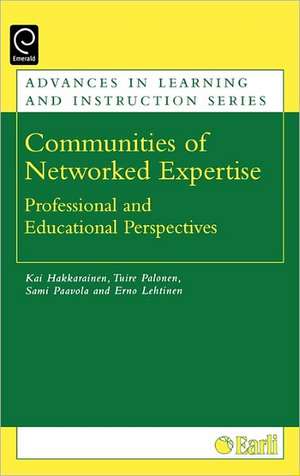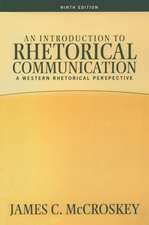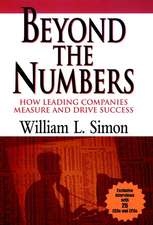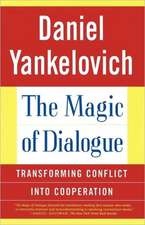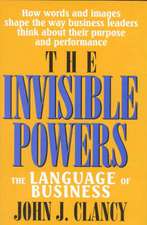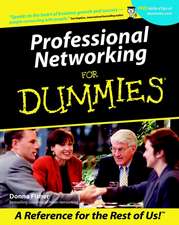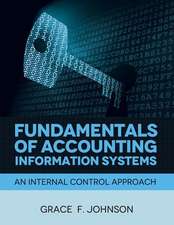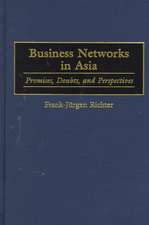Communities of Networked Expertise – Professional and Educational Perspectives: Advances in Learning and Instruction Series
Autor Kai P. J. Hakkarainen, Tuire Palonen, Sami Paavola, Erno Lehtinenen Limba Engleză Hardback – 8 noi 2004
The focus of the book is on analyzing the socio-cognitive foundations of human intelligent activity. The authors examine theories and models that help to understand individual and social aspects of processes of learning, development of expertise, knowledge creation, and innovation. These processes are studied both in the contexts of education and work, and are illuminated with numerous examples, and interview data. The main topics covered are the development of expertise, distributed cognition and shared expertise, collaborative and cultural learning, and inquiry-based and computer-supported learning processes. The basic tenet of the book is that knowledge sharing should be a core value in all organizations. This is the first step of answering to the challenges of emerging knowledge society.
Preț: 965.62 lei
Preț vechi: 1254.06 lei
-23% Nou
Puncte Express: 1448
Preț estimativ în valută:
184.77€ • 193.43$ • 152.89£
184.77€ • 193.43$ • 152.89£
Carte tipărită la comandă
Livrare economică 07-21 aprilie
Preluare comenzi: 021 569.72.76
Specificații
ISBN-13: 9780080445410
ISBN-10: 0080445411
Pagini: 244
Dimensiuni: 162 x 239 x 18 mm
Greutate: 0.52 kg
Editura: Emerald Publishing
Seria Advances in Learning and Instruction Series
ISBN-10: 0080445411
Pagini: 244
Dimensiuni: 162 x 239 x 18 mm
Greutate: 0.52 kg
Editura: Emerald Publishing
Seria Advances in Learning and Instruction Series
Cuprins
Introduction. Part I. The Knowledge-Acquisition Perspective. Expert Knowledge as the Basis of Human Competence. Dynamic Development of Expertise. Organizational Support for Dynamic Development of Expertise. Part II. The Participation Perspective. Participation in Communities of Expertise. Networks of Knowledge Sharing. Facilitating Organizational Intelligence through Knowledge Management. Part III. The Knowledge-Creation Perspective. Models of Innovative Knowledge Communities. Role of Conceptual and Material Artifacts in Knowledge Creation. The Dynamic Nature of Innovative Knowledge Communities. Individual and Social Aspects of Knowledge Creation. Part IV. Educating for Networked Expertise. Acquisition Perspective: Developing Basic Knowledge and Competencies for Expertise. Participation Perspective: Organizing Networking Relations Between Learners and Expert Communities. Knowledge-Creation Perspective: Facilitating Progressive Inquiry in Education. Concluding Remarks: Relational Nature of Networked Expertise.
